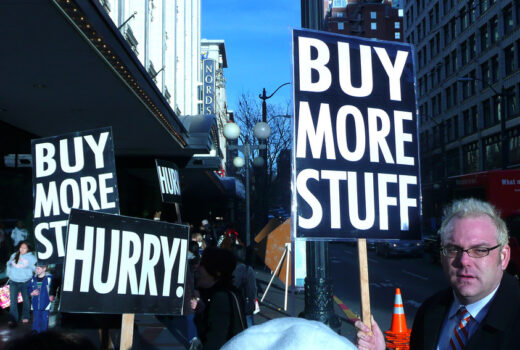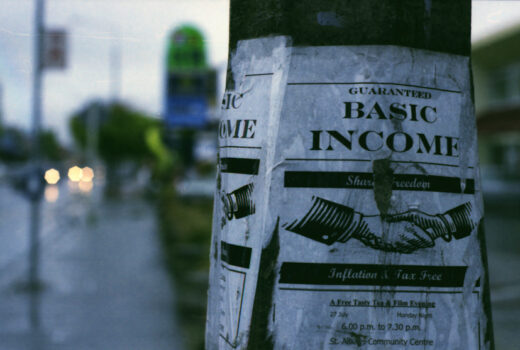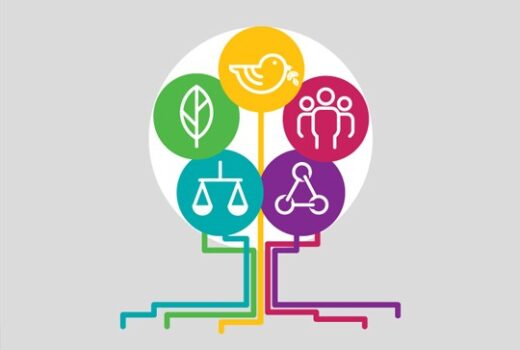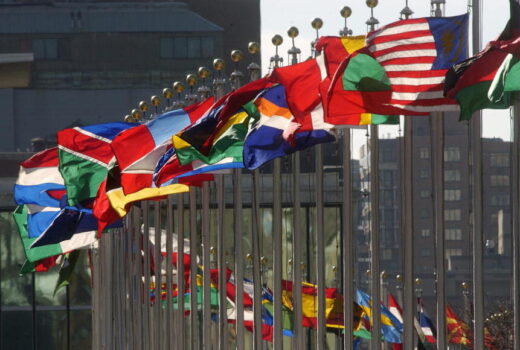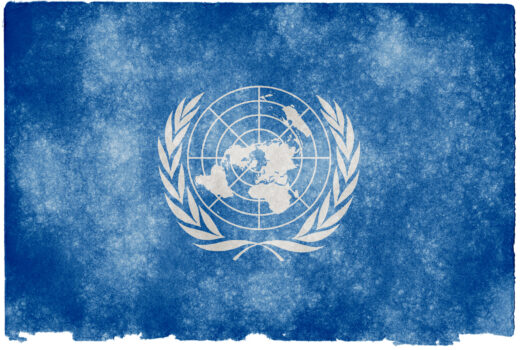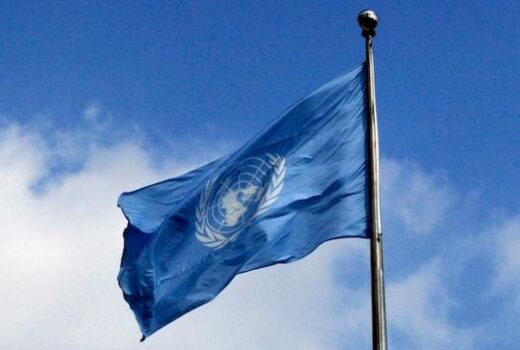Topic: Global governance
Exploring the virtues of sharing and collaboration: STWR interviewed by Sharing.Lab
Article / 15th June 2015To realise the true potential of sharing and collaborative consumption we need to challenge the prevailing economic model, particularly the excesses of consumer culture and the widening of inequalities that are an inherent feature of modern capitalist societies.
From basic income to social dividend: sharing the value of common resources
Article / 18th March 2015It’s time to broaden the debate on how to fund a universal basic income by including options for sharing resource rents, which is a model that can be applied internationally to reform unjust economic systems, reduce extreme poverty and protect the global commons.
Ein Diskurs über Ideologien, Überzeugungen und ‘Ismen’
Article / 16th January 2015Wie können wir zu der Erkenntnis gelangen, dass Teilen die Lösung für eine planetare Krise ist, und unsere einzig noch verbleibende Hoffnung für die Sanierung einer geteilten Welt? Diese Frage ist bei der Betrachtung der Ismen von zentraler Bedeutung, denn wir haben unsere Selbstgefälligkeit intellektualisiert, um sie als normal zu rechtfertigen.
Media release: ‘Global call for sharing’ campaign
News / 8th December 2014Share The World’s Resources (STWR) has launched a new campaign in order to catalyse a broader public debate on the need to strengthen and scale up diverse forms of economic sharing at the local, national and global level.
Sharing as our common cause
Report / 4th December 2014This report demonstrates how a call for sharing underpins many existing initiatives for social justice, environmental stewardship, true democracy and global peace. On this basis, STWR argues that sharing should be more widely promoted as a common cause that can help connect civil society organisations and social movements under a united call for change.
Advocacy at the UN for a commons-based vision of sustainable development
Blog / 10th November 2014Civil society groups at the United Nations are highlighting a powerful new movement in our midst based on caring, sharing, community and cooperation - and they propose a comprehensive vision for how governments can unleash its full potential.
Reclaiming the transformative potential of the sharing economy
Blog / 4th November 2014Can the ethic and practice of sharing really can create fairer, more sustainable and more democratic societies - and if so, how is it going to happen? The following talk by STWR was given at the event 'Reclaim the Alternative' held in Brighton, UK.
Studies on the principle of sharing
Article / 22nd October 2014In this ongoing series of studies by STWR’s founder, Mohammed Sofiane Mesbahi, he investigates the meaning and significance of the principle of sharing from spiritual and psychological as well as social, economic and political perspectives.
Discurso sobre los ismos y el principio del compartir
Article / 12th August 2014¿Cómo podemos generar conciencia de que el compartir es la solución a una crisis planetaria, y la última esperanza que nos queda para rehabilitar un mundo dividido? Es central a esta pregunta el problema de los “ismos”, en los cuales nuestra complacencia se ha intelectualizado a fin de justificar su existencia como normal.
A primer on global economic sharing
Report / 17th June 2014In an increasingly unequal and unsustainable world, governments must urgently move beyond the restrictive political and economic ideologies of the past and embrace solutions that meet the common needs of people in all countries. This primer outlines the extent of the interconnected global crises we face, and points the way towards an alternative approach to managing the world’s resources based upon international cooperation and economic sharing.
